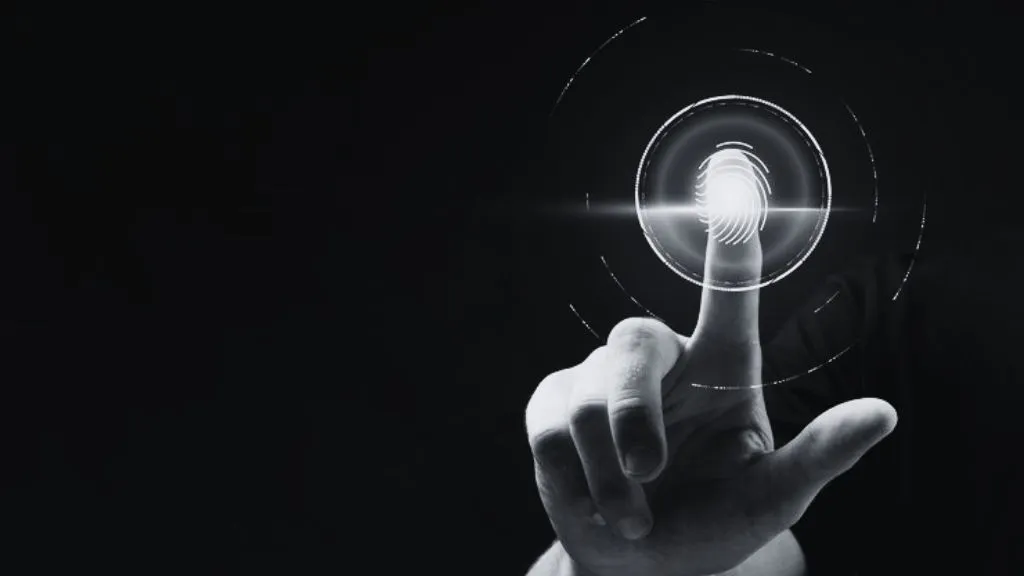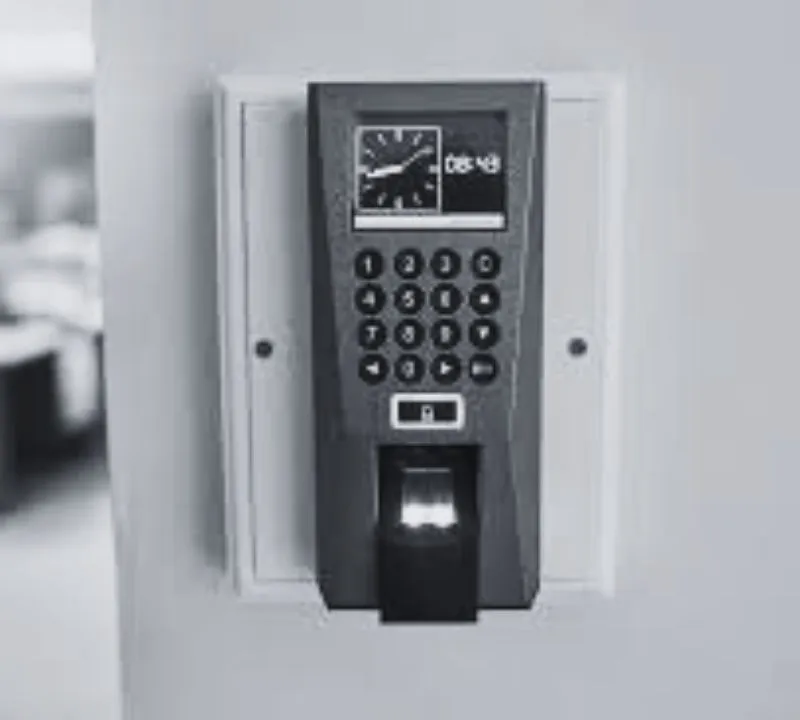When we talk about privacy, we often think about protecting our personal data online. But what about our physical characteristics, like our fingerprints or facial features? These are known as biometric data, and they’re increasingly being used by companies for various purposes, from security to timekeeping. But when these companies fail to protect this sensitive data, they can face legal consequences. This brings us to the topic of the PeopleNet BIPA settlement.
PeopleNet BIPA Settlement Background
The PeopleNet BIPA settlement is a result of a class action lawsuit against PeopleNet Corp., a provider of innovative and integrated onboard computing and mobile communications systems. The lawsuit was initiated due to alleged violations of the Illinois biometric laws. The company was accused of not properly informing employees about the collection and storage of their biometric data or acquiring their written consent before doing so.
This legal case has critical implications for how companies handle biometric data, and it serves as a stark reminder of the legal responsibilities companies have when dealing with this sensitive information. Now, let’s dive a little deeper into the specifics of this lawsuit.
Lawsuit Against PeopleNet Details
The lawsuit against PeopleNet Corp. revolved around the company’s alleged failure to comply with the Biometric Information Privacy Act (BIPA) in Illinois. It was claimed that the company collected and stored employees’ biometric data without providing the required disclosures or obtaining informed written consent.

Specifically, this case was related to PeopleNet’s use of the Tempo PN-2000, Tempo PN-1000, or Optima time clock systems, which allegedly scanned employees’ finger, hand, facial, or other biometric data. The time period for this data collection was between April 2, 2016, and March 21, 2023.
While PeopleNet did not admit any wrongdoing, the company agreed to a settlement to resolve the claims made against them.
The Biometric Information Privacy Act (BIPA)
To understand why this lawsuit was significant, it’s important to understand the law at its center: the Biometric Information Privacy Act (BIPA). This Illinois law is one of the strictest in the U.S. when it comes to the regulation of biometric data.
BIPA requires companies to inform individuals about the collection and storage of their biometric data, and to obtain their written consent before doing so. The law also mandates that companies must have a publicly available policy stating how long they keep this data and when they will destroy it.
Notably, BIPA provides individuals with the right to sue for damages if a company is found to be in violation of these requirements. This is precisely what happened in the case of PeopleNet Corp., leading to the settlement we’re discussing today.
Settlement Amount & Terms
The PeopleNet BIPA settlement was a significant victory for the protection of biometric data. The company agreed to pay a considerable sum of $4.75 million to resolve the claims.
This amount exhibits the gravity of the situation and the serious nature of the alleged violations. While PeopleNet did not admit to any wrongdoing, this substantial settlement amount underscores the high stakes of handling biometric data responsibly.
Eligibility Criteria
Specific criteria had to be met to be eligible for the settlement. The individuals who could benefit were those who had their finger, hand, facial, or other biometric data scanned by PeopleNet in Illinois.
The timeline for this data collection was between April 2, 2016, and March 21, 2023. The data had to be collected using the Tempo PN-2000, Tempo PN-1000, or Optima time clock systems. So, if you were an employee whose biometric data was collected during this period, you were likely eligible for the settlement.
Claims Process & Deadlines
The process for claiming a share of the settlement was also clear-cut. Eligible individuals had to submit a valid claim form by July 24, 2023. This form had to be submitted under penalty of perjury, emphasizing the importance of honesty and accuracy in this process.
It’s crucial to remember that making a false claim can have legal repercussions. The deadline was strict, and those who missed it were unfortunately unable to benefit from the settlement.
Potential Award For Claimants
The potential award for each claimant was between $500 and $1,000. The exact amount depended on the number of eligible claims submitted. This is a substantial amount and further highlights the seriousness of the alleged violations by PeopleNet.
It also underscores that the law takes violations of biometric data privacy very seriously. The potential award is a compensation for the violation of employees’ privacy rights, and it serves as a deterrent for other companies to ensure they comply with the BIPA requirements.
Other Settlement:
Final Approval & Payment Timeline
The court gave the green light to the PeopleNet BIPA settlement on August 10, 2023. This marked the end of a long legal journey that started with claims of violations of the Illinois biometric laws. With the court’s final approval, the wheels were set in motion for the disbursement of the settlement funds.

But when exactly did the claimants get their share of the settlement? Well, the checks started rolling out quite promptly after the court’s approval. Specifically, they were mailed out on January 5, 2024. This swift action meant that those who were wronged didn’t have to wait long to receive their due compensation.
Contact Information For Settlement Inquiries
If you were a part of the class action lawsuit, or if you simply have questions or concerns about the settlement, there’s a clear path for communication. The Settlement Administrator can be reached at [email protected] or via phone at the toll-free number 1-888-817-5562.
Whether you need more details about the eligibility criteria, the claims process, the payment timeline, or any other aspect of the settlement, don’t hesitate to reach out. The Settlement Administrator is there to help you understand the process better and to ensure that your concerns are addressed.
Legal Rights & Options For Class Members
The PeopleNet BIPA settlement not only resulted in a hefty payout but also served as an opportunity for individuals to understand their legal rights and options. If you feel your biometric data privacy rights have been violated, you should know that the law is on your side.
Under the Biometric Information Privacy Act (BIPA), you have the right to sue for damages if a company fails to meet the requirements of the law. These requirements include providing disclosures and obtaining written consent before collecting or storing your biometric data. This case is proof that companies can and will be held accountable for such violations.
So, whether you’re an employee of a company that uses biometric data or just an individual concerned about your privacy, remember this: you have rights, and there are legal avenues available to ensure these rights are respected.
Conclusion
The PeopleNet BIPA settlement has been a significant development in the field of biometric data privacy. It’s not just about the large sum of money involved in the settlement, but the broader implications it has for companies and individuals alike.
The case underscores the importance of handling biometric data responsibly. Companies must understand their legal obligations, and individuals must know their rights. In an age where technology is continually evolving, the protection of our personal data, biometric or otherwise, should always be a priority.
So, let the PeopleNet BIPA settlement serve as a reminder: when it comes to privacy, every detail matters, and each violation, no matter how seemingly small, can have far-reaching consequences.


